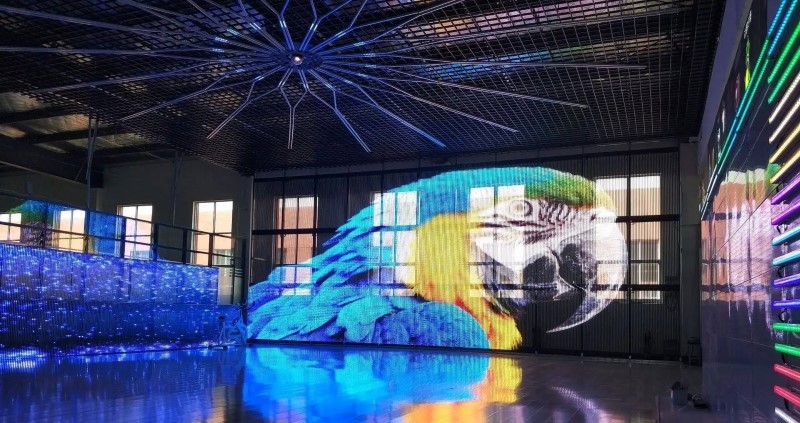Stage LED rental screens are crucial for live events, concerts, and presentations, providing vibrant displays and dynamic visuals. However, these high-tech displays can encounter performance issues that affect their functionality. Understanding the common problems and their solutions can help you troubleshoot and resolve issues effectively. Here¨s a guide to diagnosing and fixing performance problems with stage LED rental screens.for a long time led rental screen It has an extraordinary development speed, and I believe that the future will be as overwhelming as ever. https://szyhfled.com/
stage led rental screen
Rental LED Display
1. Flickering or Flashing Display
Problem: The LED screen flickers or flashes intermittently, disrupting the visual experience.
Solution:
Check Connections: Ensure all cables and connectors are securely attached. Loose or damaged cables can cause flickering. Inspect the power cables, signal cables, and data connections.
Verify Power Supply: Ensure the LED screen is receiving a stable power supply. Fluctuations in voltage can lead to flickering. Use a voltage stabilizer or uninterruptible power supply (UPS) to provide consistent power.
Inspect Controller Settings: Check the settings on the LED screen controller. Adjust the refresh rate and other display parameters to eliminate flickering.
2. Color Inconsistency or Discoloration
Problem: The screen displays inconsistent colors or has areas of discoloration.
Solution:
Calibrate Color Settings: Use the LED screen¨s calibration tools or software to adjust color settings and ensure uniform color display across the screen.
Check for Dead or Stuck Pixels: Inspect the screen for dead or stuck pixels. If you find any, use pixel-fixing software or contact the rental company for a replacement panel.
Inspect Cable Connections: Ensure that all signal cables are connected properly. Poor connections can cause color discrepancies. Re-seat and secure all cables.
3. No Signal or Black Screen
Problem: The screen shows no signal or remains completely black, rendering it unusable.
Solution:
Check Input Sources: Verify that the input sources (e.g., computers, video players) are functioning correctly and sending a signal to the screen. Test with alternative sources if necessary.
Inspect Signal Cables: Ensure that all signal cables are properly connected and undamaged. Replace any faulty cables to restore the signal.
Restart Equipment: Power cycle the LED screen, input sources, and any connected equipment. Sometimes, a simple restart can resolve signal issues.
4. Overheating or Temperature Issues
Problem: The LED screen overheats, potentially causing performance issues or damage.
Solution:
Ensure Proper Ventilation: Make sure the LED screen has adequate ventilation and is not obstructed. Overheating can occur if air vents are blocked or if the screen is placed in a poorly ventilated area.
Monitor Temperature Levels: Use temperature monitoring tools to check the screen¨s operating temperature. If it exceeds recommended levels, improve cooling by using fans or air conditioning.
Inspect Cooling Fans: Check the internal cooling fans for proper operation. Clean any dust or debris from the fans and vents to ensure efficient cooling.
5. Poor Brightness or Contrast
Problem: The LED screen displays low brightness or poor contrast, affecting visibility.
Solution:
Adjust Brightness and Contrast Settings: Use the screen¨s settings menu to adjust brightness and contrast levels. Increase the settings to improve visibility, especially in bright environments.
Check Ambient Light Conditions: Ensure that the screen is positioned appropriately relative to ambient lighting. Excessive ambient light can affect perceived brightness and contrast.
Inspect LED Panels: Check for damaged or malfunctioning LED panels. If certain areas of the screen are dimmer than others, contact the rental company for repair or replacement.